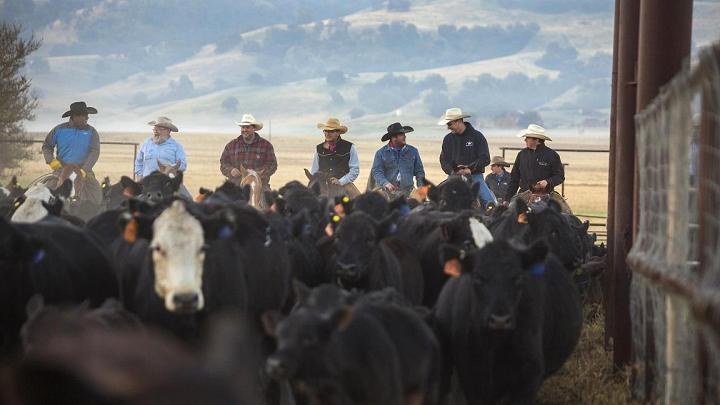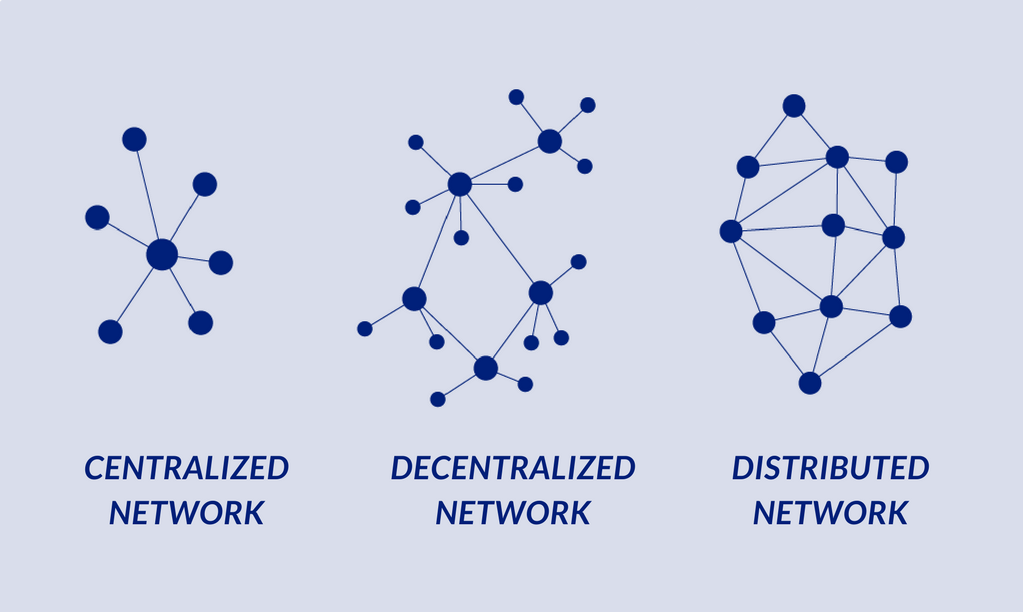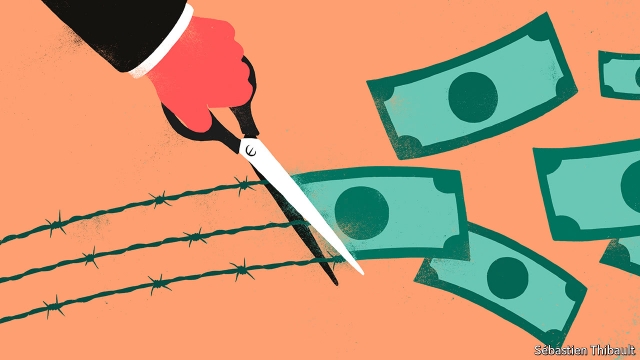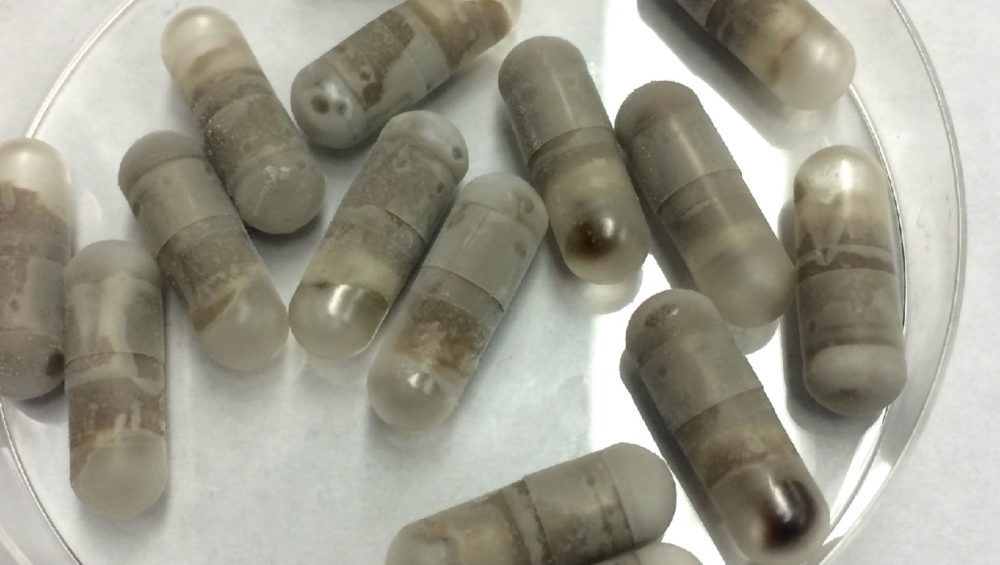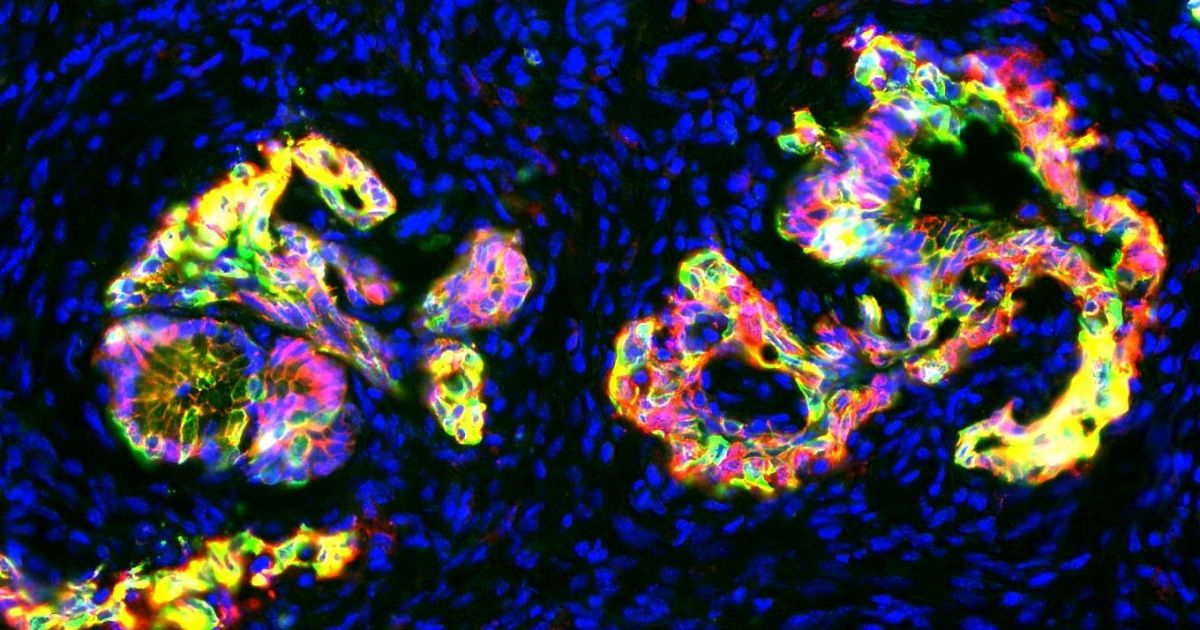Jan 22, 2018
This Hearst ranch has raised cattle since 1865, now it also powers Apple’s headquarters — By Anita Balakrishnan | CNBC
Posted by Odette Bohr Dienel in categories: business, energy, environmental, solar power
“The historic Hearst cattle ranch has become a hybrid solar farm for Apple’s Cupertino campus.”
